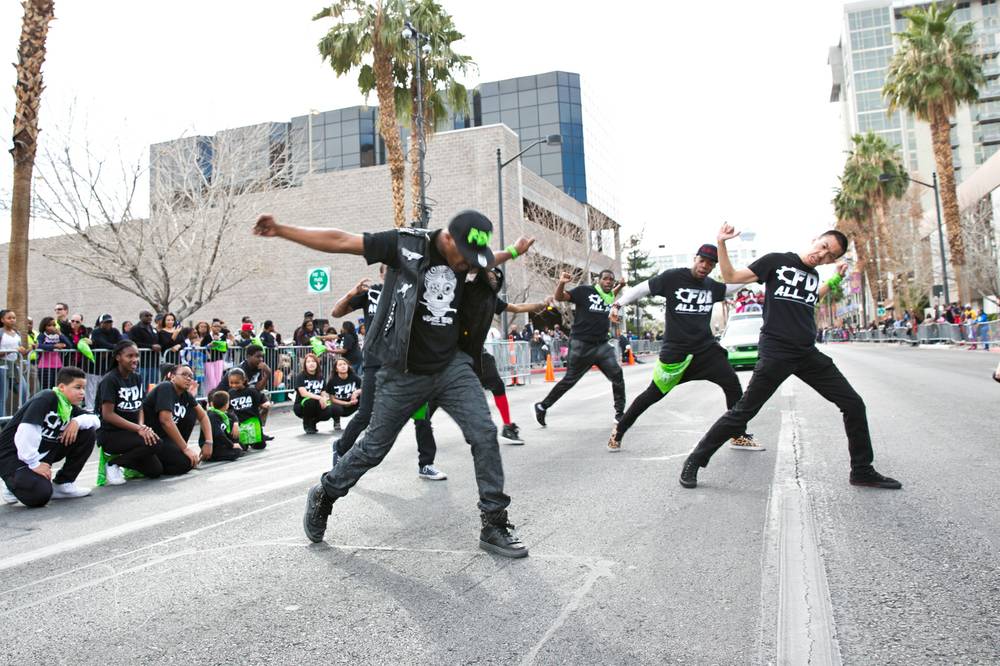Every February, public schools turn their focus to the story of African Americans, under the banner of Black History Month. Mostly focusing on slavery and civil rights, students learn of the struggles and triumphs that shape the black experience. But as the tradition has carried on, it has also picked up detractors, who view it as outdated, even condescending.
Recently, Clueless actress Stacey Dash made waves by renouncing Black Entertainment Television, the BET Awards and the celebratory month. “There shouldn’t be a Black History Month,” she told Fox News, where she’s a correspondent. “We’re Americans, period. That’s it.” Under fire from critics, Dash pointed to a 2005 60 Minutes interview in which actor Morgan Freeman also challenged the month, labeling it “ridiculous” and imploring people to combat racism by refusing to use racial descriptors.
Black history appreciation dates back to 1926—a surprisingly early date, more than 50 years after black men received the nominal right to vote, but another 40 before it was guaranteed by the Voting Rights Act of 1965.
Predating the Civil Rights Movement of the 1950s and ’60s, Black History Week was founded by historian Carter G. Woodson of Virginia to encourage the teaching of African American history in public schools. It took place the second week of February, chosen because it coincides with the birthdays of Abraham Lincoln and Frederick Douglass, which were already celebrated within the black community. Though reception was lukewarm at first, the week grew to be widely adopted, even celebrated as a holiday in some cities.
Then, in 1969, Kent State students proposed extending the week into a month. The next year, Black History Month was celebrated at the college, and six years later the U.S. officially adopted the tradition as part of the country’s bicentennial celebration.
In Las Vegas this month, Clark County will air Invisible Las Vegas, a two-part documentary about the historic Westside; the library district will host several events, ranging from dance to Harlem Renaissance readings to youth leadership programs and oratory contests; and the school district will recognize outstanding African American educators.
Though some members of the black community wish there wasn’t a need for Black History Month, most agree it’s still necessary. “Most blacks in the community don’t like the idea at all. Black history is part of history, and it should not have to stand alone,” says Claytee White, a historian at UNLV. “But I make the best of it.”
White uses the opportunity to speak to groups she might not otherwise reach. She covers the past and present, and this year plans to focus on education and miseducation, exposing the school-to-prison pipeline and the fact that only 40 percent of young black men graduate high school in Nevada, the lowest rate in the country. In a typical February, White will make 15 speeches, compared to just a few per month during the rest of the year.
“It’s the only time they’re interested,” she says. “But it’s the beginning. It’s 2016, and we should be over this by this time. We should be over the idea of devoting a month to a group.” Still, White recognizes the upside. “At one time, you didn’t hear about anything but Black History Month. Now other groups have a month so their group can have a meaning and a focus.”
Local high school students Devin Alston and Jayda Tomes view the month of observation positively and look forward to the opportunity to learn more about black heritage. “I’m always excited to learn more about it,” Tomes says. “It’s interesting to know how far we’ve come from being punished, to being seen, to being acknowledged for who we are.”
Tomes says she’ll read about Malcolm X and Martin Luther King Jr. in her English class, and Alston says he looks forward to learning about history beyond slavery and civil rights leaders, especially because the only mention of Africa in his world history book concerns the West African slave trade.
“It’s kind of sad,” he says. “There’s a rich history. There were kings, there were pharaohs. In Central Africa they built up nations as well as other parts of the world did.”
Erika Washington, the Nevada state director for the working-families policy campaign Make It Work, says she has mixed feelings about Black History Month, but sees a need for it to augment what’s taught in American and state history. As a mother of three, she sees gaps in the lessons her children are learning.
“There’s a lot you don’t hear about until you go search it for yourself,” she says, pointing to the women of the Civil Rights Movement and especially to local leaders. She lists Ruby Duncan, a welfare rights activist; to Mabel Hoggard, the first black teacher hired by the Clark County School District; to Rev. Marrion Bennett, whose daughter Karen Bennett is Nevada’s first black female judge; to Sen. Joe Neal, Nevada’s first black state senator, whose daughter Dina Neal is the state’s first black assemblywoman; to Steven Horsford, the first black U.S. Congressman from Nevada; and to Moulin Rouge operator Sarann Knight Preddy, the first black woman to acquire a gaming license in the state.
“Until American history accounts for everything—the good, the bad, the ugly, the accomplishments and the setbacks—something needs to be set aside,” Washington says.
White agrees. When will we no longer need Black History Month? “When we achieve oneness,” she says, then laughs. “Am I saying never?”





